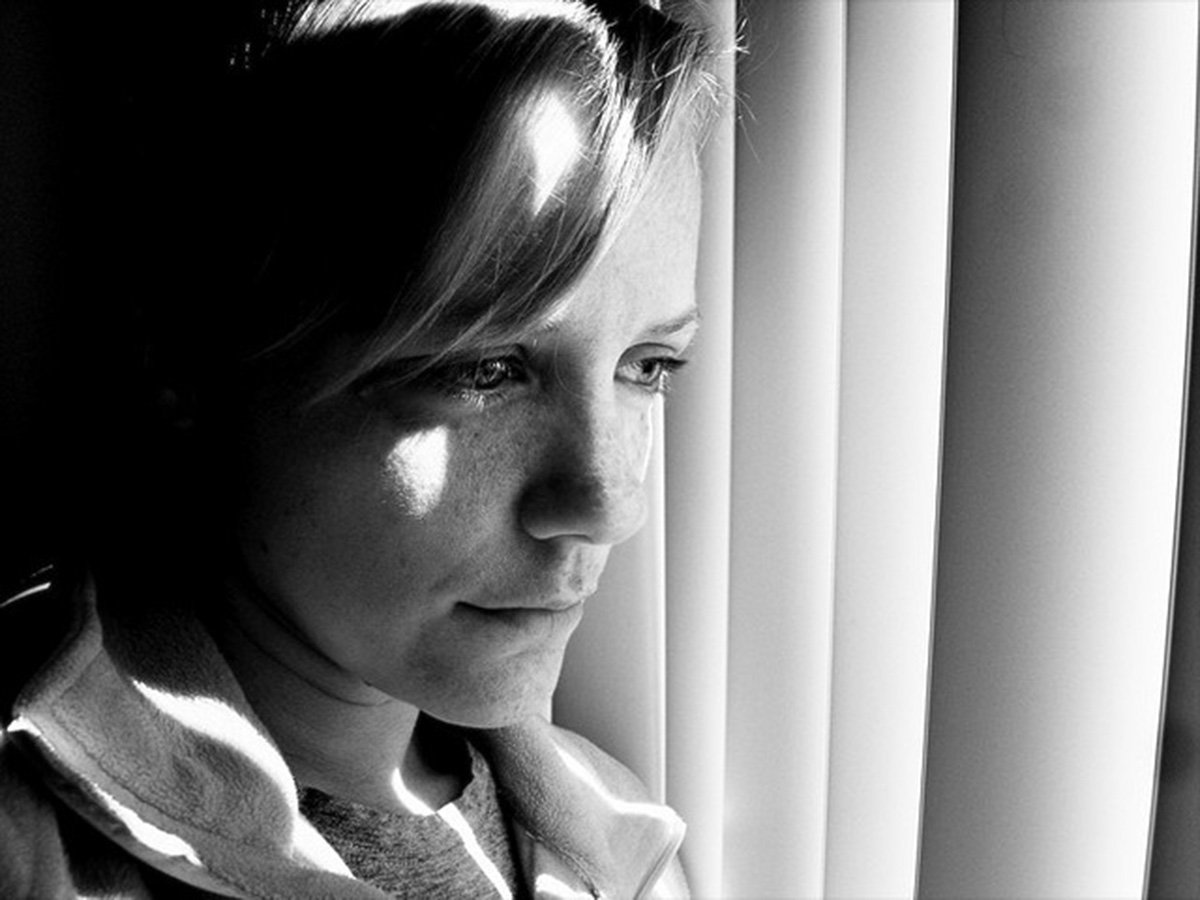Table of Contents
Testosterone and the Brain
The area of the brain that is in charge of emotional regulation and behavior is called the amygdala, and high levels of testosterone have a significant effect on this part of the brain. Research showed that the testosterone interfered with the androgen receptor gene in the amygdala. These high levels of testosterone also affected the genes which regulate serotonin, which is an important factor in controlling feelings of anxiety and depression. The receptors for estrogen also showed alteration. When researchers administered a combination of drugs to the baby mice, they discovered that this prevented the mice from developing anxiety when they became adults.

So What Happens Next?
The next stage will be to conduct further trials with the mice, and then look at clinical trials using women with PCOS. This is aimed at evaluating the effect of high testosterone in utero, and what stages of the pregnancy are more likely to produce PCOS. So far the studies have indicated that the issue appears in the later stage of pregnancy, so researchers will need to look at how this can be overcome.
Are You Suffering From Anxiety or Depression?
Often women in particular are not aware that they have disorders such as depression and anxiety, and we all too often put our feelings and thoughts down to ‘mood swings’. With busy lives, and a physical health problem on top, it is not surprising that we can become anxious or feel a little down. But sometimes, these thoughts and feelings are much worse, and they just don’t go away.
Signs of Anxiety:
- Feelings of fear and panic
- Sleeping problems
- Cold feet and hands
- Sweaty feet and hands
- Shortness of breath
- Palpitations of the heart
- Unable to relax
- Dryness of the mouth
- Tension in the muscles
- Dizziness and nausea
- Shaking and trembling
These are the more common signs and symptoms of anxiety, but they can differ from person to person.
READ Big Breakfast, Small Dinner: The Solution To PCOS Infertility?
Signs of Depression:
- No motivation for the things you used to enjoy
- Hopelessness and helplessness
- Loss of interest
- Changes in weight and appetite
- Sleeping problems
- Agitation, anger, irritability
- Unable to relax
- No energy
- Fatigue
- Feelings of worthlessness
- Behavior that is reckless
- Inability to make decisions
- Ruminating
- Aches and pains that can’t be explained
- Inability to concentrate and focus
Again, these are general symptoms of depressive illness, and you would normally need to be experiencing more than one of these symptoms. Anyone can suffer sleeping difficulties, or lack of energy, but it is when a group of these symptoms coincide together that there is a possibility of a depressive illness.
What To Do If You Suspect You Have a Mental Health Problem
If you feel that you have a mental health problem as well as your PCOS, then you must talk to your doctor as soon as possible. As mentioned earlier, often these mental health symptoms get lost in the physical symptoms of PCOS, so it is important to discuss everything you are experiencing and feeling.
Issues such as anxiety and depression are often relatively easy to manage and treat, provided you get the necessary diagnosis and help. Now that the medical world is aware there is a correlation between PCOS and mental health disorders, your doctor will be able to get you the help and assistance you need.
- Photo courtesy of ahmadhammoudphotography: www.flickr.com/photos/ahmadhammoudphotography/8424495035/
- Photo courtesy of arazas: www.flickr.com/photos/arazas/466817135/


Your thoughts on this